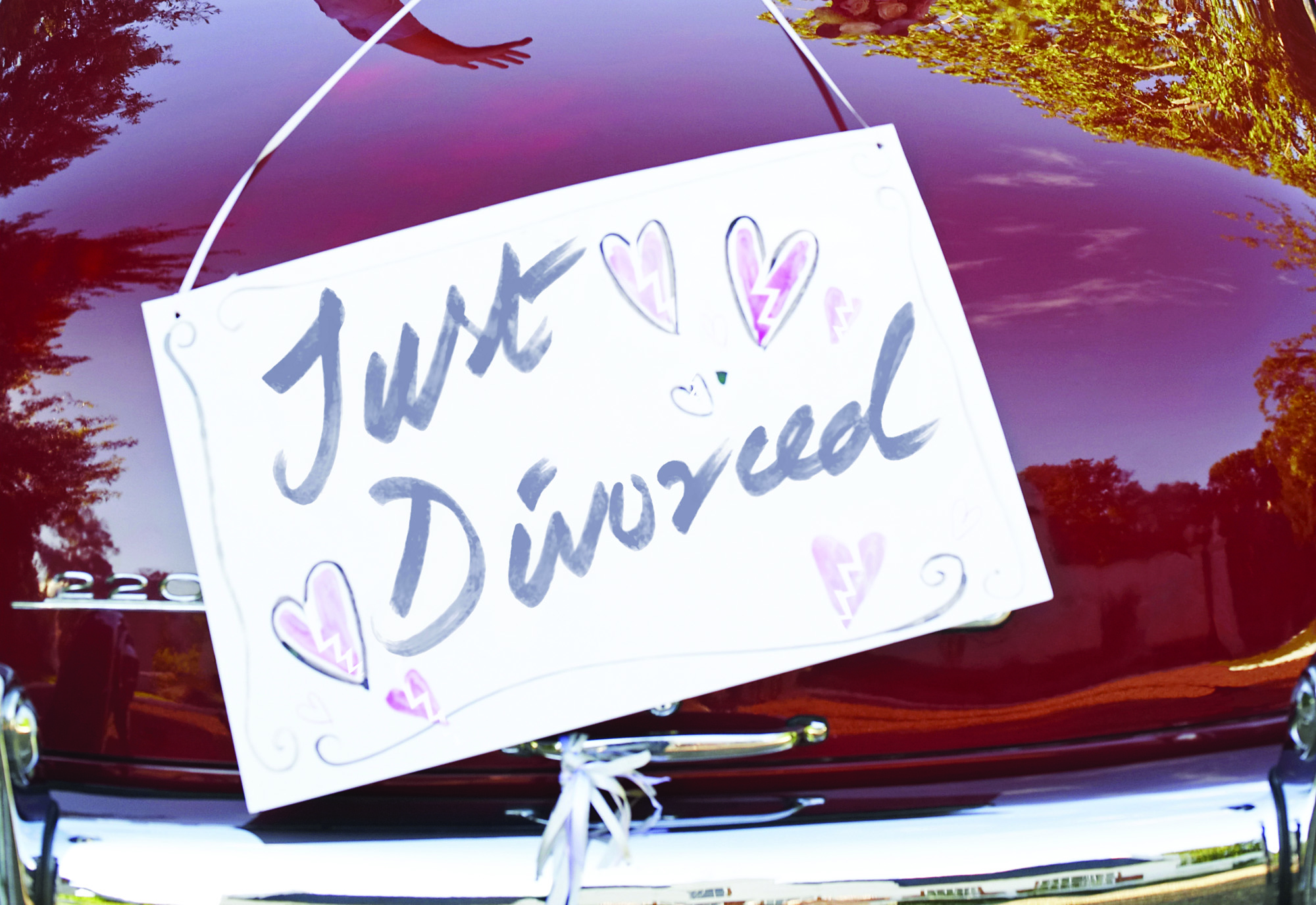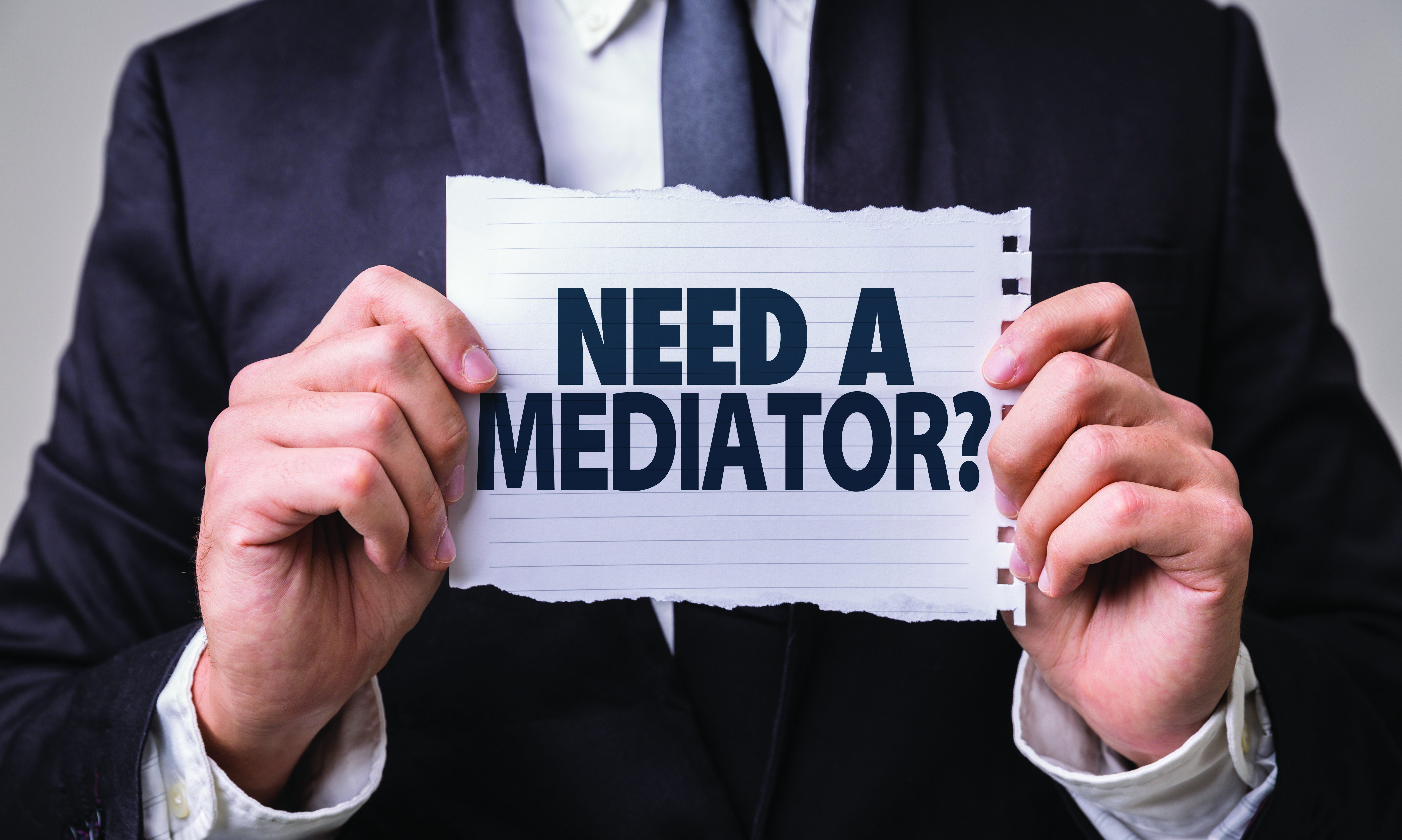
August 03, 2018 | New York Law Journal
Corruption as a Defense in Investment Treaty ArbitrationThe “corruption defense,” as currently developed in international investment law, presents a number of difficulties that international investors and practitioners should keep in mind when considering their rights under international investment treaties and similar instruments.
By Alexander A. Yanos, Carlos Ramos-Mrosovsky, and Rajat Rana
1 minute read

August 03, 2018 | New York Law Journal
Blurred Lines: Rethinking the Issue of Consent by Non-SignatoriesIn recent years, U.S. courts have increasingly tended not only to enforce mandatory arbitration agreements, but also to compel arbitration even in instances where one of the parties did not sign an agreement to arbitrate. The title of Robin Thicke's 2013 megahit —“Blurred Lines”—provides an accurate description of what constitutes “consent” by a non-signatory in arbitration.
By Linda Gerstel
1 minute read

August 03, 2018 | New York Law Journal
Good Faith Negotiations at MediationMany good faith negotiations can be sabotaged by parties using a variety of bad faith negotiation tactics, many of which are repeated all too often and can ultimately prevent a settlement. What are those tactics and what can be done to ameliorate the situation?
By John P. DiBlasi
2 minute read

August 03, 2018 | New York Law Journal
Fending Off Cyberattacks in International ArbitrationIn an increasingly digital landscape, data security threats have become ubiquitous. Cyberattacks are becoming weapons of global economic warfare with cybercriminals increasingly targeting law firms in an attempt to access clients' secrets and other sensitive non-public information. International arbitration is not immune.
By Hagit M. Elul and Pavlos Petrovas
2 minute read

August 01, 2018 | New York Law Journal
Licenses of Trademarks in Bankruptcy: Will 'Mission' Be Accomplished?In her Secured Transactions column, Barbara Goodstein reviews Mission Prod. Holdings v. Tempnology, and writes: "In the wake of Mission, there is now a clear split among the federal circuit courts as to whether a licensee of trademarks can or cannot continue to use those trademarks after the license has been rejected by a bankrupt licensor."
By Barbara M. Goodstein
1 minute read

July 31, 2018 | New York Law Journal
Realty Law DigestScott E. Mollen, a partner at Herrick, Feinstein, discusses “Luce v. Fleck,” where an engagement ring was held to be a conditional gift entitling ex-fiance to have the ring returned or the value of the ring; and “OLR ECW LP v. De Abreud,” where a tenant's refusal to recertify and cure the default granted the landlord summary judgment.
By Scott E. Mollen
1 minute read

July 31, 2018 | New York Law Journal
Termination Notices Must Contain Sufficient FactsIn their Landlord-Tenant column, Warren Estis and Michael Feinstein discuss the recent Kings County decision 'BEC Continuum Owners v. Taylor,' where the adequacy of a termination notice was at issue.
By Warren A. Estis and Michael E. Feinstein
1 minute read

July 30, 2018 | New York Law Journal
Precedent-Shattering 'Carpenter'?In his E-Communications column, Stephen Treglia writes: Late last month, SCOTUS issued its most far-reaching expansion of the right to privacy in over 50 years in Carpenter v. United States. While not completely abandoning legal precedent that had been black-letter law, it is most certainly the first injection of the color gray.
By Stephen Treglia
2 minute read

July 27, 2018 | New York Law Journal
Divorce Without DestructionA look at some techniques to use to get better results for yourself and your clients by being more strategic.
By Chaim Steinberger
8 minute read

July 27, 2018 | New York Law Journal
When Matrimonial Attorneys Become Divorce MediatorsMany matrimonial attorneys will take on divorce mediation cases and agree to act in the capacity of divorce mediator. Sometimes, the attorneys are trained and experienced in divorce mediation, whereas other times they are not. The results will vary based on the mediator's understanding of how divorce mediation should be conducted.
By Jordan Trager
1 minute read
Trending Stories
- 1No Two Wildfires Alike: Lawyers Take Different Legal Strategies in California
- 2Poop-Themed Dog Toy OK as Parody, but Still Tarnished Jack Daniel’s Brand, Court Says
- 3Meet the New President of NY's Association of Trial Court Jurists
- 4Lawyers' Phones Are Ringing: What Should Employers Do If ICE Raids Their Business?
- 5Freshfields Hires Ex-SEC Corporate Finance Director in Silicon Valley



